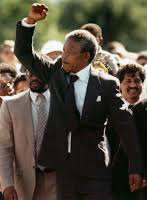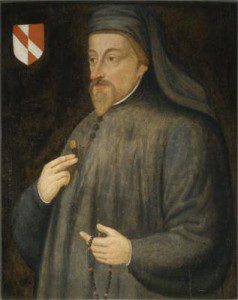
The morning the world changed, I had tumbled from my warm bed, found a cup of coffee to help me on my way and driven from the countryside to the old CBC Radio building on Jarvis Street, next to CBC corporate head offices in downtown Toronto. By 5 a.m. I had cleared my head and my throat to deliver one of my first newscasts for the CBC Network that morning. Little did I know within the first hours of my shift, I would be part of something momentous.
“Here is the CBC News,” I said at the top of each hour that morning to begin the five-minute hourly newscast. But that day I also got the chance to announce repeatedly as the top story, “Nelson Mandela, the black African leader imprisoned for treason since 1963, has this morning left notorious Robben Island prison, a free man.”
